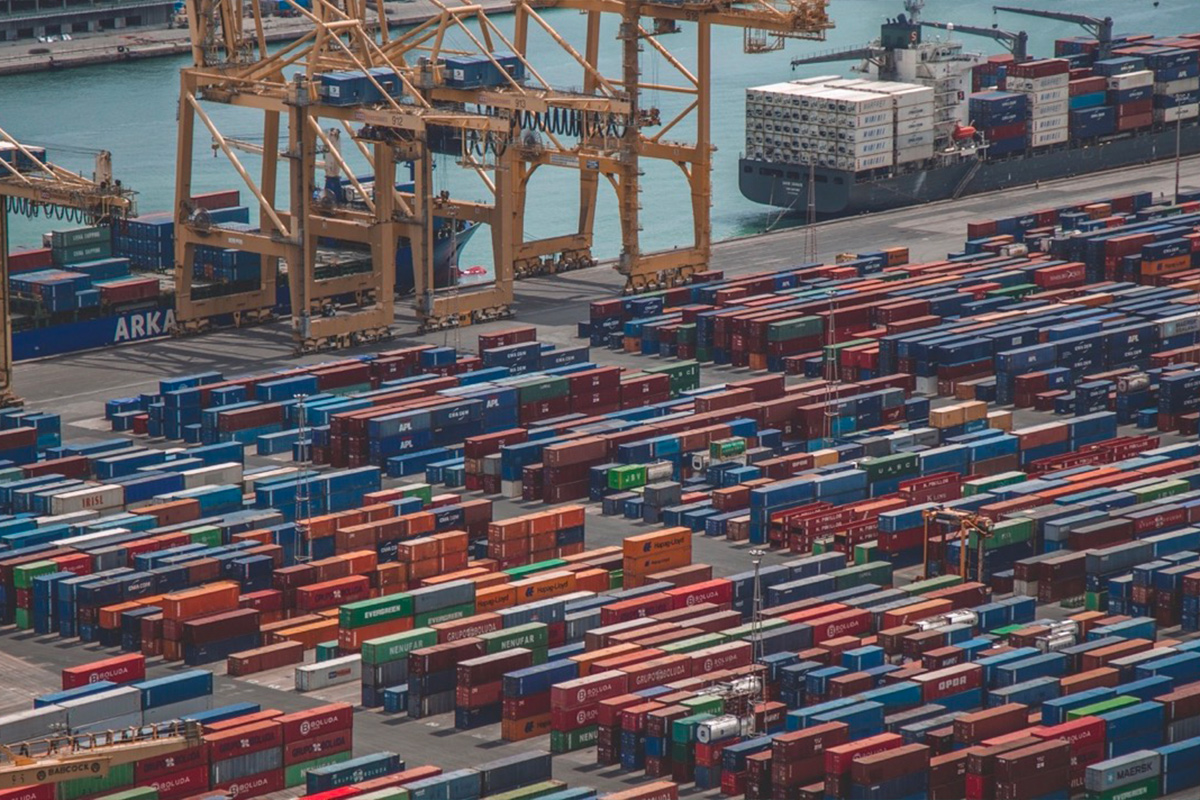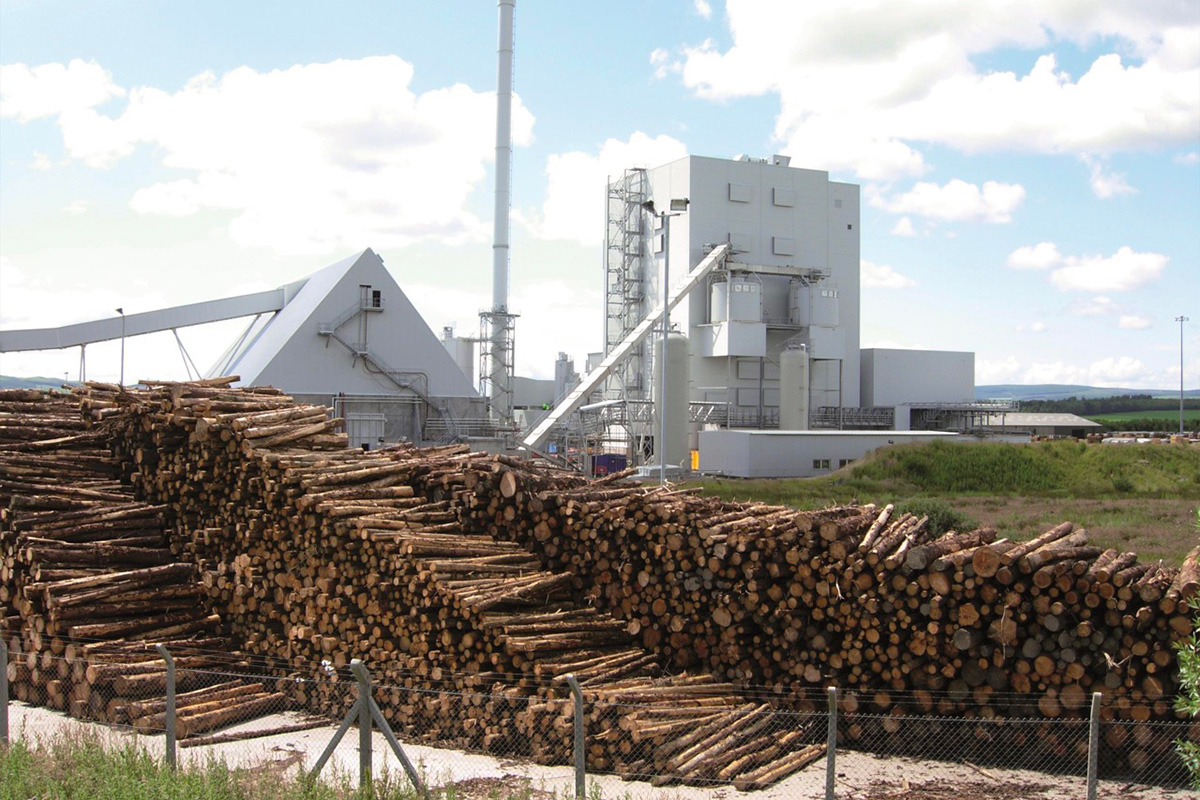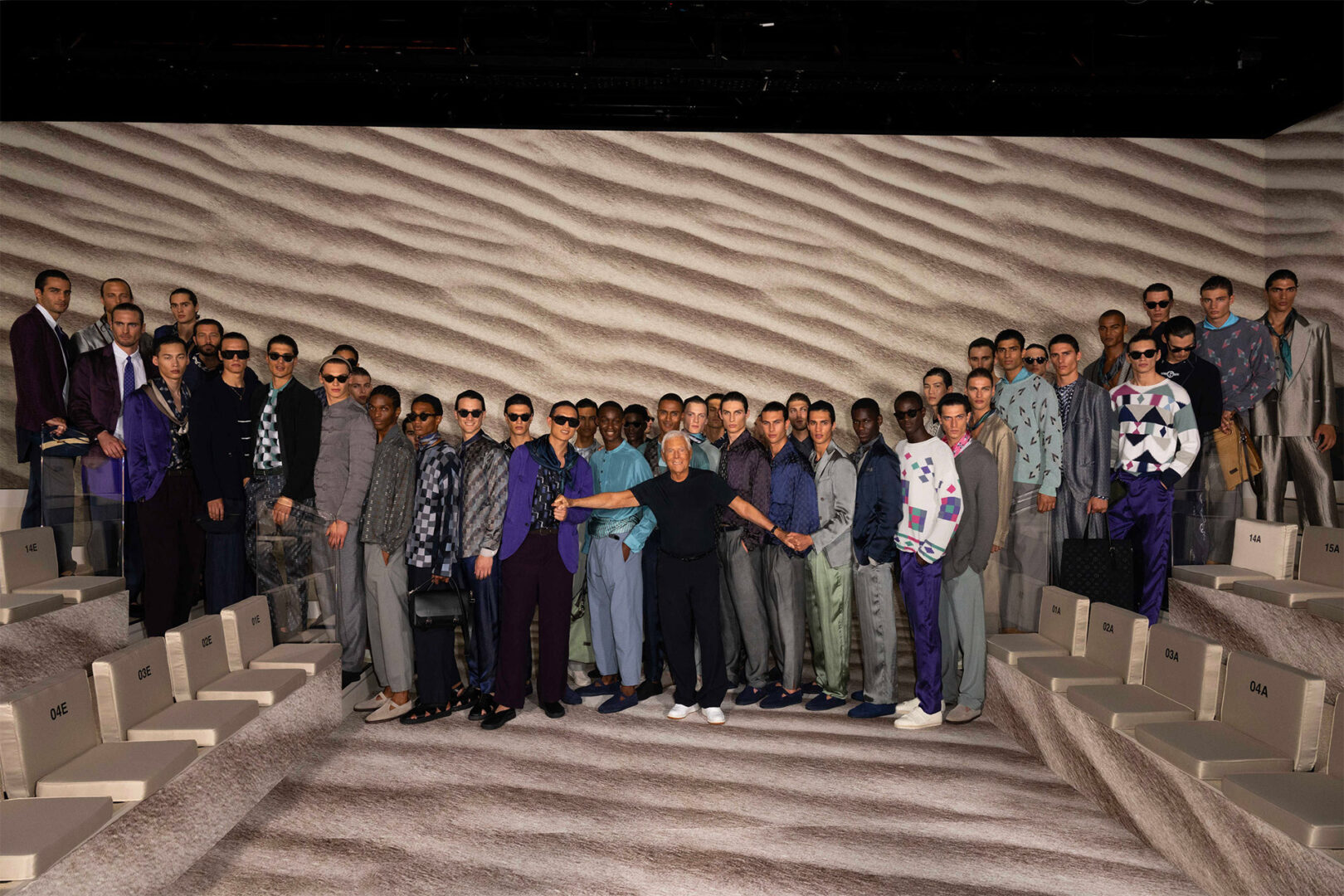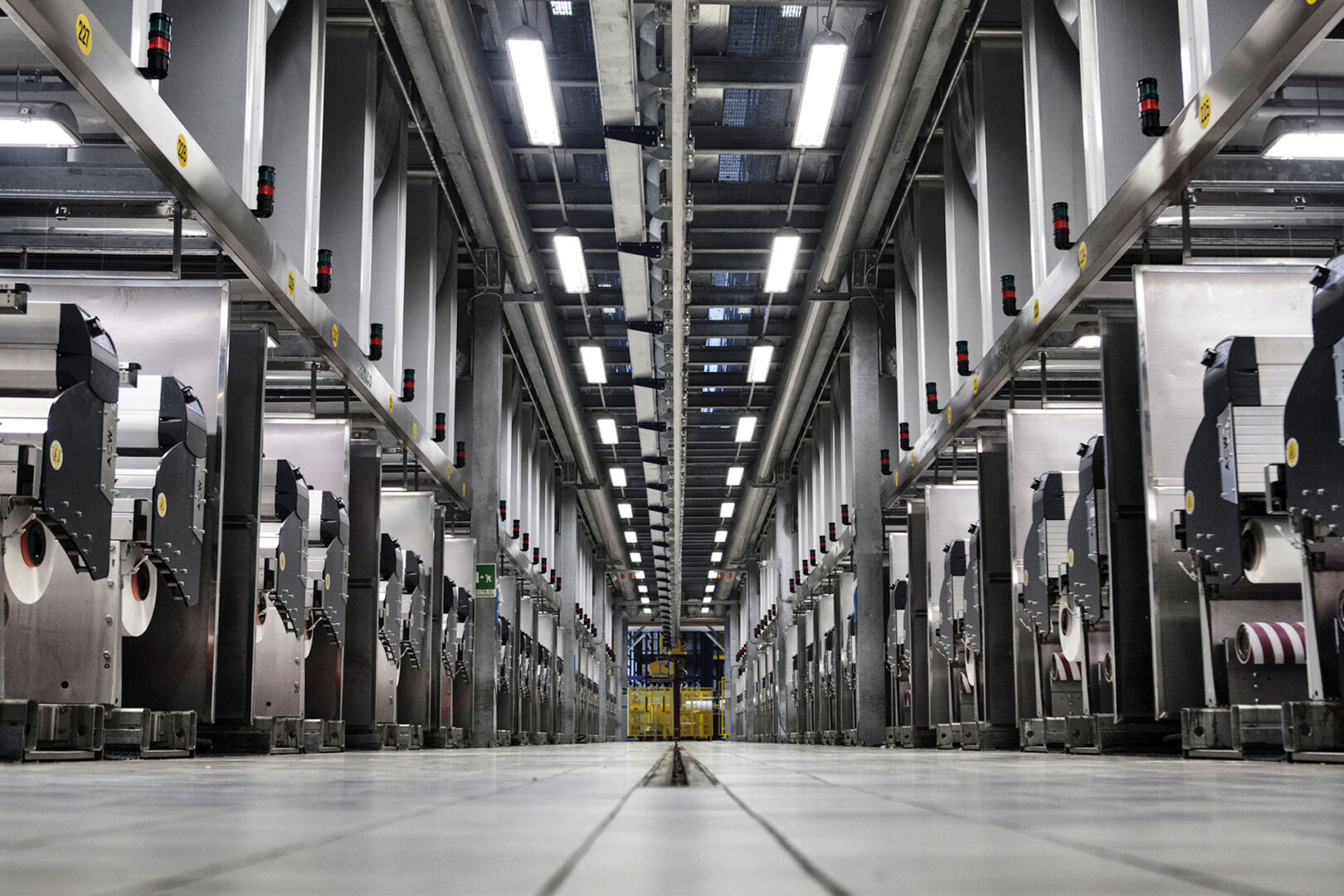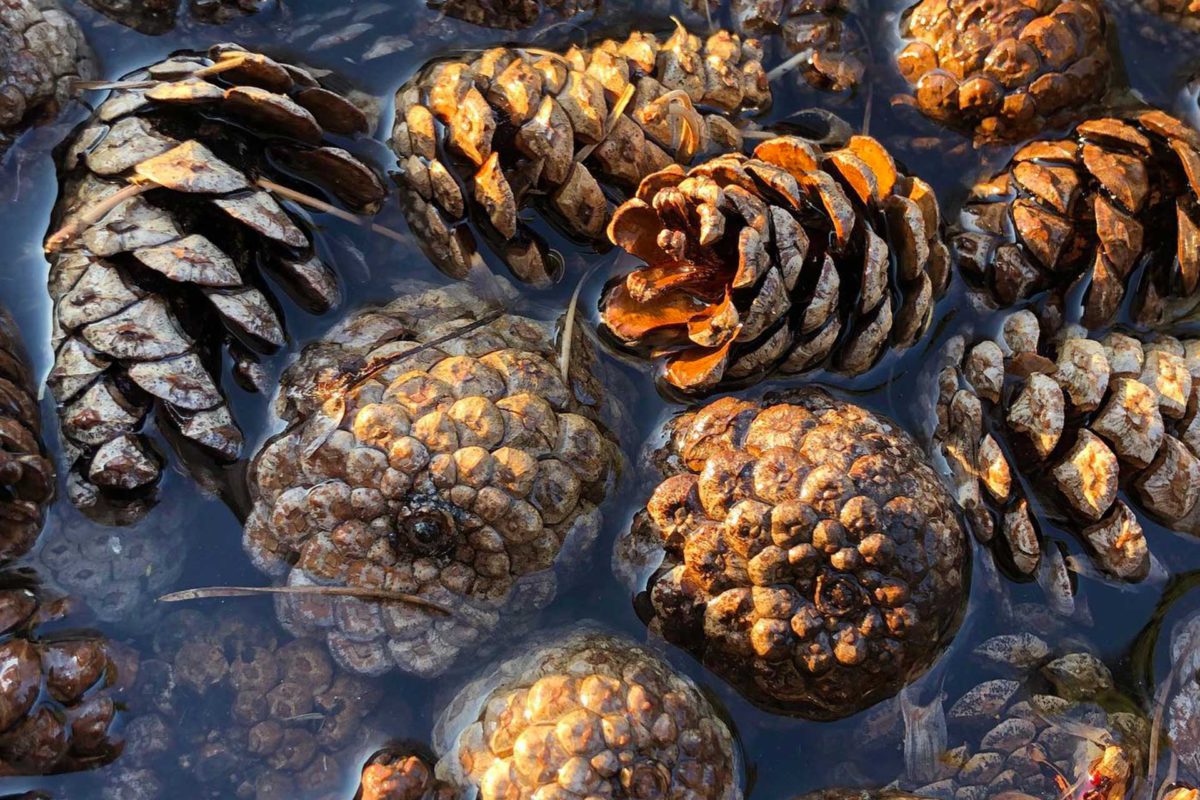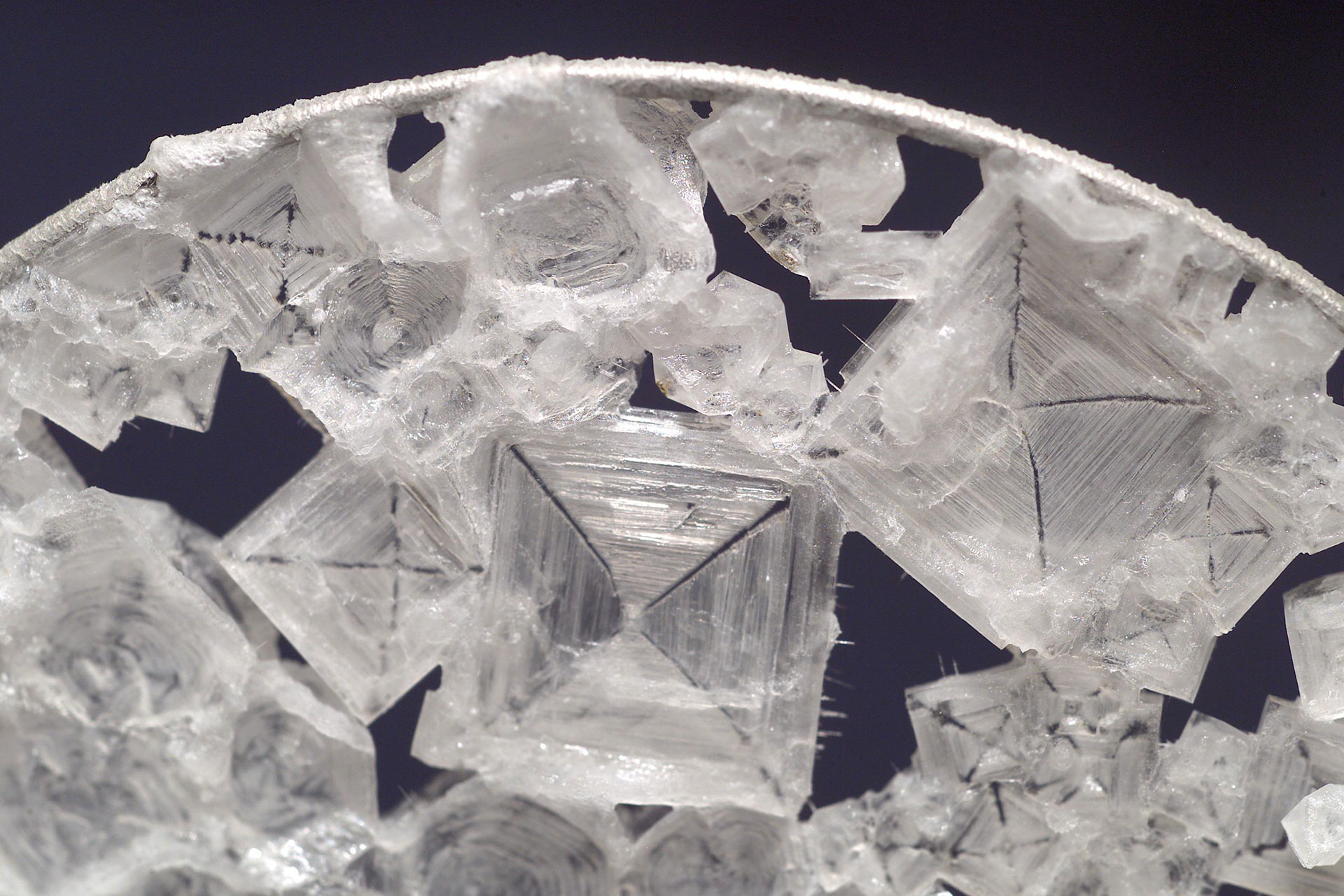Martina Tondo
On the electrification of deep maritime shipping, the cost and implications of the green transition. An interview with Ingrid Irigoyen of The Aspen Institute coZEV (Cargo owners for zero emissions vessels) initiative
The crisis perpetrated at planetary level is pushing a further phase of the ecological transition. ALDAI, Lombard association of industrial company managers
The tone of male personality: Giorgio Armani keeps on seeking the masculine sexiness: proposing a sense of certainty and never ceasing to be himself
Debuted during Paris Fashion Week in an intimate setting with no live stream, the Row resort 23 collection confirms the label’s philosophy to stay off the social media radar
«The cooperation implies they are aligned and share common interests, but don’t always have to act together». In conversation with Professor Sergey Radchenko
The collection was presented in Milan and it’s a promise we are back to the nightlife – bit is it contemporary? Versace delivers Fendi, Kim Jones, the codes of Donatella
Made avoiding the use of dyes, bleach, stitches or glues. By-products from production, such as wool scraps and muddy water, are turned into fertilizers for farmers
The chemical transformation process called thermolysis turns post-consumer plastic waste into a secondary raw material, replacing new fuel from fossil origin
«It’s a multi-steps process that makes us get the color that we need. Then, in the end, we get this biomass for fertilizer and biofuels». Nicole Stjernswärd, design technologist
More salt doesn’t mean more melting. How salt spreading on paved roads has become a bad, diffused consuetude in winter months and why it represents a threat

